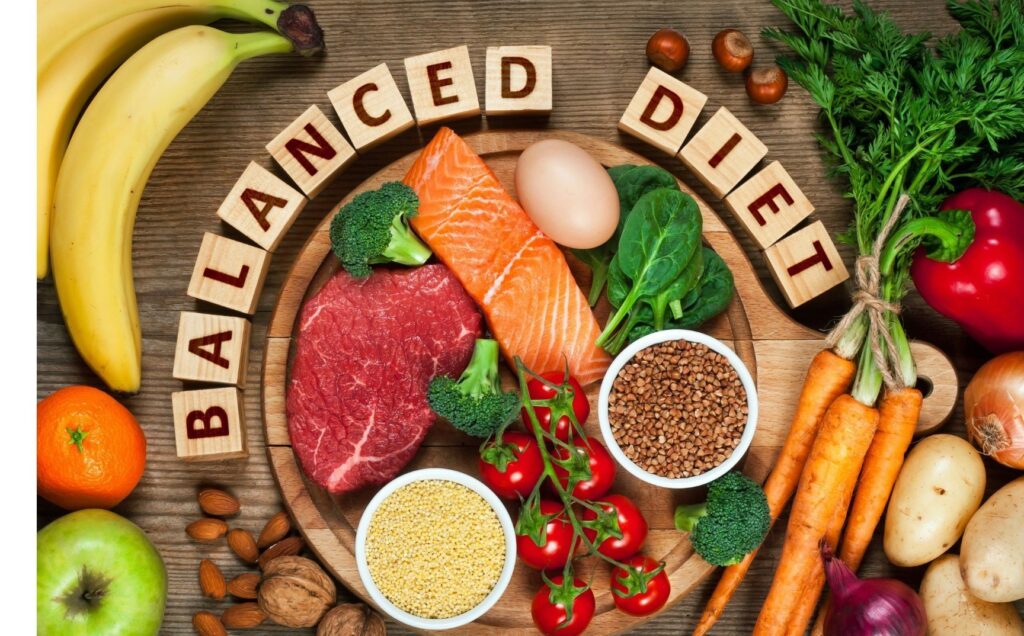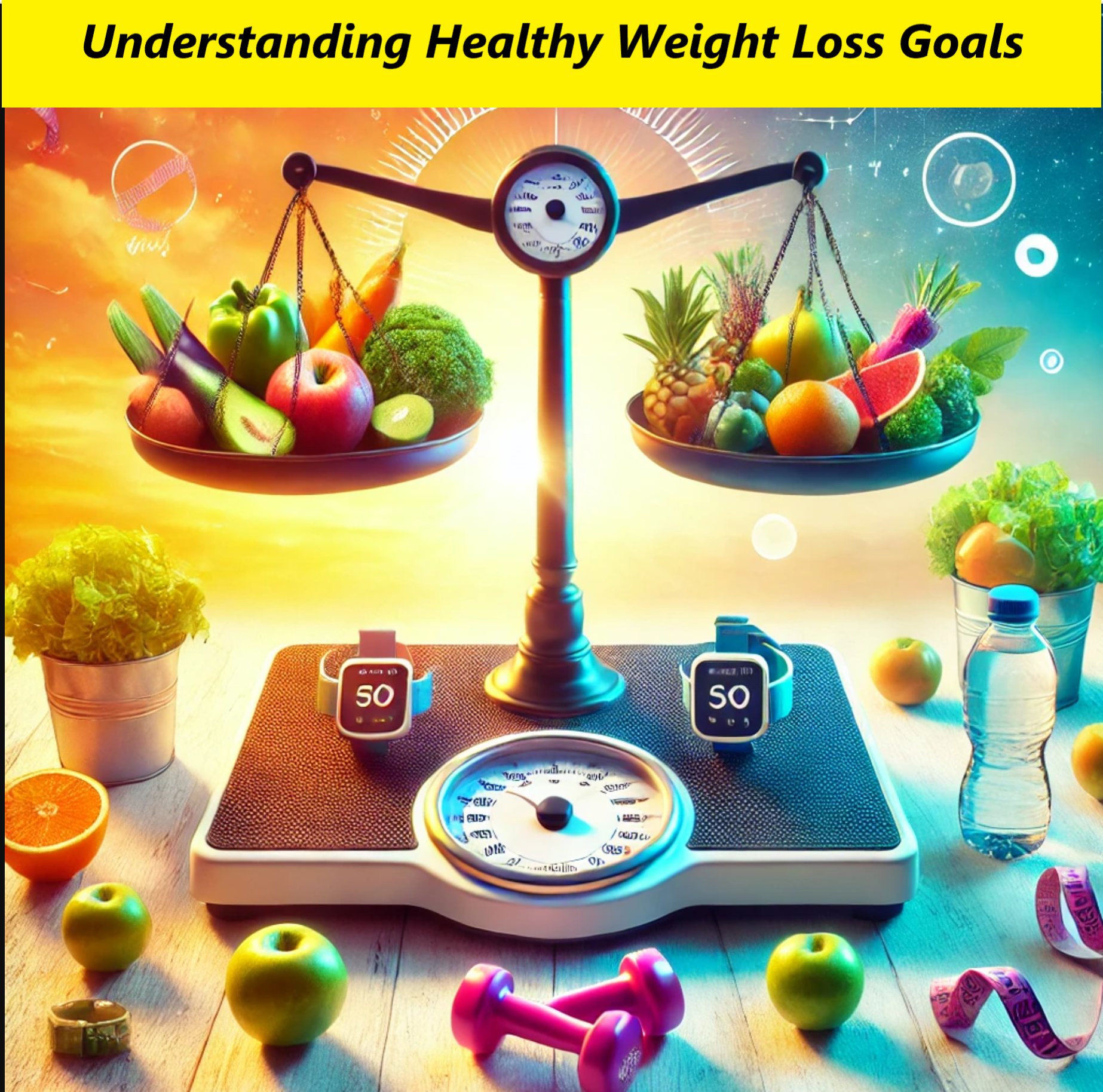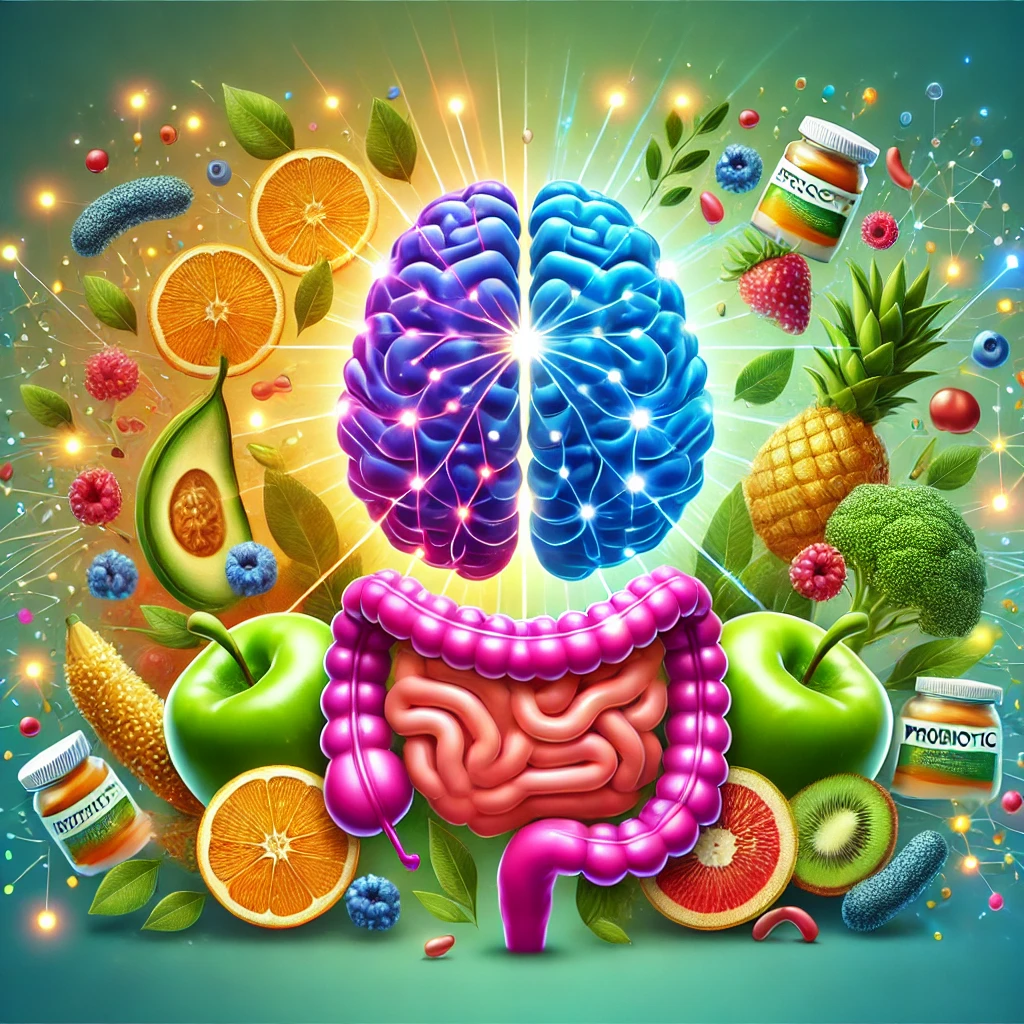We’ve all heard the saying, “You are what you eat,” and there’s a lot of truth to that. A balanced diet is a crucial part of leading a healthy lifestyle and ensuring overall well-being. From boosting physical health to improving mental clarity, what we consume plays a significant role in how we feel, perform, and live day to day. But achieving this balance often seems like a mystery to many. This is where nutrition education steps in, helping individuals make informed decisions that can have a lasting impact on their lives.
Table of Contents
What Is a Balanced Diet?
A balanced diet refers to eating the right amounts of nutrients that our bodies need for optimal health. It means consuming a variety of foods from different food groups in the correct proportions. A diet rich in fruits, vegetables, whole grains, lean proteins, and healthy fats ensures the body receives essential nutrients like vitamins, minerals, and fiber.

Key Components of a Balanced Diet
- Carbohydrates provide the body with energy.
- Proteins are necessary for the growth and repair of tissues.
- Fats support cell function and help absorb vitamins.
- Vitamins and Minerals like Vitamin C, Calcium, and Iron contribute to the overall functioning of various systems.
An example of a balanced meal might include grilled chicken (protein), quinoa (carbs), roasted vegetables (vitamins and fiber), and avocado (healthy fat).
The Link Between Diet and Well-Being
The food we eat doesn’t just satisfy hunger; it fuels every aspect of our well-being. A balanced diet can prevent disease, improve mental clarity, and promote longevity. On the flip side, an imbalanced diet—rich in processed foods and lacking in nutrients—can lead to a host of problems, including chronic diseases, weight gain, and mental health challenges.
How a Balanced Diet Improves Physical Health
Maintaining a balanced diet supports energy levels, helps with weight management, and lowers the risk of chronic diseases like heart disease and diabetes. Eating nutrient-rich foods strengthens the immune system, helping the body fend off illnesses more efficiently.
The Impact of Diet on Mental Health
Ever feel sluggish or irritable after eating junk food? There’s a reason for that. Diet plays a direct role in mental health. Studies show that diets high in sugar and processed foods are linked to mood disorders like anxiety and depression. On the other hand, foods rich in Omega-3 fatty acids, B vitamins, and antioxidants, like fish, leafy greens, and nuts, can boost brain function and emotional well-being.
The Role of Macronutrients in Health
Carbohydrates: Fuel for the Body
Carbs often get a bad rap, but they are the body’s primary source of energy. Choosing whole grains over refined carbs ensures a steady release of energy without spikes in blood sugar.
Proteins: Building Blocks
Proteins are essential for muscle repair and growth. Including lean meats, beans, and tofu in your diet helps maintain muscle mass and keeps your metabolism running smoothly.
Fats: Brain Power
Healthy fats, like those found in avocados and nuts, are critical for brain health. They provide energy, protect our organs, and help absorb essential vitamins.
Micronutrients and Their Importance
Micronutrients, such as vitamins and minerals, though required in smaller quantities, are essential for proper body function. For instance, Vitamin D strengthens bones, and Iron ensures healthy blood flow. Deficiencies in these nutrients can lead to significant health problems, such as osteoporosis or anemia.
Antioxidants: Nature’s Defense
Antioxidants, found in colorful fruits and vegetables, help protect cells from damage caused by free radicals, which can lead to diseases like cancer.
Nutrition Education: Why It Matters
Knowing what to eat is only half the battle. Nutrition education empowers individuals to make healthy choices by teaching the science behind food and nutrition. In a world where fast food is more convenient, understanding the long-term effects of poor eating habits is crucial.
The Role of Schools in Nutrition Education
Schools play a pivotal role in shaping lifelong eating habits. Incorporating nutrition lessons into the curriculum and improving the quality of school meals can equip children with the knowledge they need to make healthier choices.
The Influence of Media on Eating Habits
The media heavily influences food choices, often promoting sugary snacks and unhealthy eating patterns. Nutrition education can provide the tools to critically assess these messages and make more informed choices.
Common Obstacles to Maintaining a Balanced Diet
Maintaining a balanced diet isn’t always easy. From food deserts, where access to fresh produce is limited, to the temptation of fast food, many people struggle to eat healthily. Convenience, cost, and time often play a role in poor eating habits.
Overcoming Barriers to a Healthy Diet
Simple strategies like meal prepping, shopping at local farmers’ markets, and making nutritious food accessible at home can help overcome these challenges. Eating healthy doesn’t have to break the bank. Planning meals in advance can save both time and money.
The Role of Governments and Policies in Promoting Nutrition
Governments around the world are working to promote healthier eating through nutritional guidelines, labeling laws, and public health campaigns. Policies that improve access to nutritious food and offer subsidies for healthy options can also combat malnutrition on a larger scale.
The Future of Nutrition Education

With the rise of technology, personalized nutrition advice is becoming more accessible. From apps that track food intake to DNA-based diet plans, the future of nutrition education is bright. Personalized approaches allow individuals to tailor their diet based on unique needs, improving health outcomes.
Frequently Asked Questions
- What is the easiest way to start eating a balanced diet?
Start by including a variety of foods from all the food groups, focusing on whole, unprocessed foods. - How does a balanced diet affect mental health?
Nutrient-rich foods can improve mood and cognitive function, while poor diets have been linked to mental
Conclusion
A balanced diet is foundational to overall well-being. It affects everything from physical strength to emotional stability. Understanding the role of nutrients and having access to nutrition education can empower individuals to make healthier choices, leading to long-term health benefits. By committing to a balanced diet and prioritizing nutrition education, we can build a healthier future for ourselves and the next generation.










